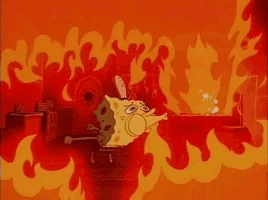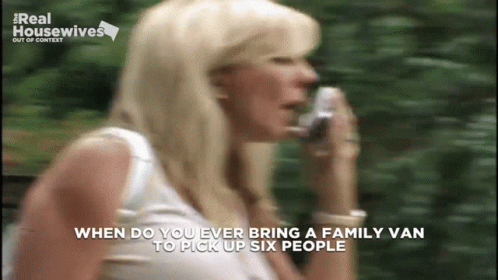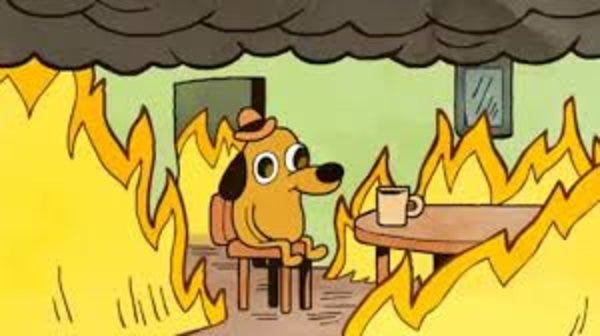One of my favorite words is conflagration.
I love it.
It’s a mouthful of a word.
It feels pleasing to say.
I have used this word extensively throughout my adult life. However, it wasn’t until a few books ago that my editor pointed out I’d been using this word WRONG my entire adult life.
Conflagration does not mean a small dust-up/scuffle/tempest-in-a-teapot. Oh, no. Conflagration means “a fire that burns over a large area and destroys property.”
My editor was nice about it, though. She was all, “Did you mean to indicate a destructive fire here in this scene?” (The “this scene, dummy” part of her question was silent, but felt inferred. )
Ergo, when I described RHOC alum Vicki getting into a conflagration with the driver for her airport pickup, I was dead-ass wrong, even if I were to insist I was using conflagration as a metaphor.
(No, you weren’t, Shakespeare.)
This correction came on the heels of my getting further/father wrong for the third straight book, as well as not knowing where to place “only” in the sentence. I did get away with using “towards” instead of “toward” for quite a while, claiming I was defaulting to UK use when questioned. (Fortunately, an earlier editor corrected my penchant for “penultimate.” It really should mean the ultimate-ultimate and I quietly rage that it doesn’t.)
Anyway, for as much as I enjoy using the word conflagration, I rarely have an opportunity.
Until last night when I set the whole GD barbecue grill on fire.
In my opinion, this was not entirely my fault.
Keep reading with a 7-day free trial
Subscribe to Meet the Mess to keep reading this post and get 7 days of free access to the full post archives.






